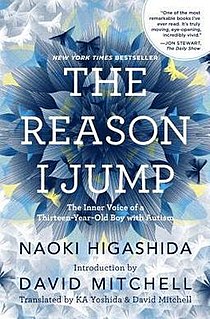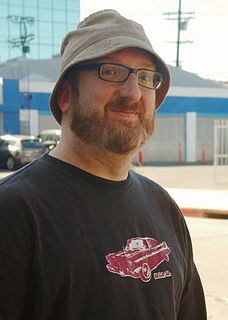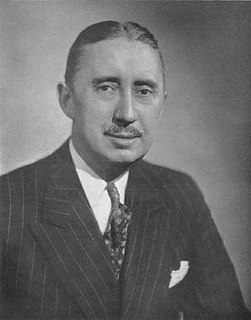A Quote by Ingmar Bergman
First, I write down all I know about the story, at length and in detail. Then I sink the iceberg and let some of it float up just a little.
Related Quotes
The main thing you worry about is just coming up with songs at all. I don't sit down and write stuff like certain writers do. They think about what they are going to write first and then they write it. I just get what comes in at me. It's like I'm a musician and if I can keep my mitt on, I can catch the balls that come at me.
The secret to writing is writing. Lots of people I know talk about writing. They will tell me about the book they are going to write, or are thinking about writing, or may write some day in the future. And I know they will never do it. If someone is serious about writing, then they will sit down every day and put some words down on paper.
I am a technophile, so there is no such thing as a first draft. The first draft plunges on, and about a quarter of the way through it I realise I'm doing things wrong, so I start rewriting it. What you call the first draft becomes rather like a caterpillar; it is progressing fairly slowly, but there is movement up and down its whole length, the whole story is being changed. I call this draft zero, telling myself how the story is supposed to go.
I tend to start with a kernel, a vague concept, and just begin to write things down - notes about a character, lines of dialogue, descriptive passages about a place. One idea fires another. I do that for about a year. By then there's a story, and I'll go on to a complete first draft that sews many of those ragtag pieces together.
Maybe it'll move around, who knows?-So it can minister to different parts of the World! If it can float down from Outer Space from God out of Heaven to the Earth, then it probably can still float around the Earth and hover here or there or set down here or there. After all, it's only 1500 miles square and 1500 miles high!-With God, a city like that can just float around!
The book was just something that came along after we played the Super Bowl and I wrote a little essay that went online. Then I had two or three weeks and I said, wow, that essay was pretty good. Maybe I'll try and write some other stuff. Writing about the depression, I just felt - you know, when you write a book like this, you have to open up your life. You have to be willing to do so to a certain degree.
When I'm late it matters, but when everybody else is late it doesn't matter... If that's the rule then just write it down and then I know, you know... I'll read it and I'll write it down on my balls. Right here. Right here on the back of my balls is where I'll write it. On the very back. I'll just lift them and write it nicely.
[Kenneth Koch] taught children in public schools in New York City to write poems and told them down worry about rhyming, don't worry about any of that stuff. You know, write a poem where you mention three colors and make it five lines - or he would just give them, you know, little strategies. And, man, they wrote some great poems.
There are parts of a ship which taken by themselves would sink. The engine would sink. The propeller would sink. But when the parts of a ship are built together, they float. So with the events of my life. Some have been tragic. Some have been happy. But when they are built together, they form a craft that floats and is going places. And I am comforted.
It can take years. With the first draft, I just write everything. With the second draft, it becomes so depressing for me, because I realize that I was fooled into thinking I'd written the story. I hadn't-I had just typed for a long time. So then I have to carve out a story from the 25 or so pages. It's in there somewhere-but I have to find it. I'll then write a third, fourth, and fifth draft, and so on.






































